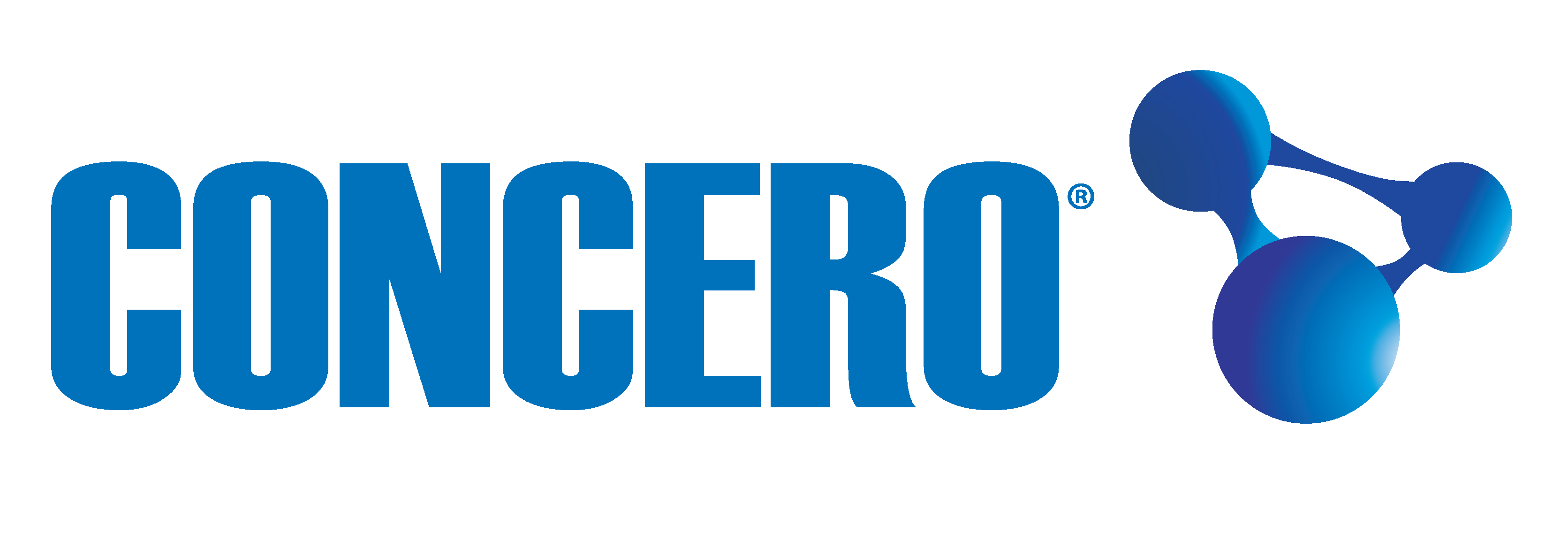How to Improve the Interview Process: A Comprehensive Guide for Employers
Every job interview is a two-way evaluation. As you assess the skills, experiences, and personality traits of your potential hires, your candidates are taking your entire hiring experience into consideration. From the questions you ask and the answers you give to the communication you provide between each meeting, the impression you leave can make or break a great hire.
If you’re losing your top prospects before your interview process is over—or you want to avoid applicant attrition altogether—it’s time to rethink the candidate experience. Here are eight actionable tips you need to improve the interview process and avoid common interviewer mistakes that deter top talent.
8 Ways to Improve the Interview Process
It’s safe to assume your candidates are interviewing at multiple companies at once. If you want your business to be their top choice, you need to stay efficient, be communicative, and build rapport throughout the hiring process. These eight steps can help:
1. Streamline the Interview Process
No one wants to wait two months for a job offer. In fact, 78% of job seekers would consider dropping out of a long, complicated recruitment process. If you’re dragging out the time between interviews or requiring too many steps, you’re leaving room for competitors to swoop in.
While it’s common for the hiring process to include a phone screener, hiring manager interview, skills test, and panel interview, adding much more beyond that can be frustrating for candidates. Make sure your team can get the information it needs in as few meetings as possible. Additionally, start and end every interview on time.
Once you consolidate your interview process, consider implementing technology to further streamline each stage. Background check services, appointment scheduling tools, and applicant tracking software can all help you reduce delays.
2. Provide a Designated Point of Contact
Good organization and communication are critical when you want to impress. Your team shouldn’t risk double emailing candidates, forgetting to follow up, or leaving candidates unsure of who to reach out to. With a designated point of contact in charge of scheduling interviews and keeping prospects engaged, the flow of your interview process will be much smoother—and your organization will feel much more professional.
3. Ease Your Candidates into the Interview
Interviews can be nerve-wracking, no matter how prepared you are. However, employers who excel at making candidates feel comfortable can earn their interest and trust. Build rapport with job seekers by starting with introductions and low-pressure interview questions. For example: What are your greatest strengths? Why do you want to work here?
That said, technical questions—which can feel difficult and demanding—should never come first. Giving candidates a chance to build their confidence and improve their perception of your company.
4. Go Beyond the Applicant’s Resume
The questions you ask can tell your applicants a lot about what to expect from the role. Build a diverse list of interview questions that show off your organization’s values and priorities. For example, asking about career aspirations indicates that you’re willing to invest in a candidate’s long-term growth. A good mix of situational, behavioral, and technical questions proves you’re not just looking for someone with the right skills and experiences—you also want people who align with your culture and values.
5. Inform Your Candidates About Next Steps
Applicants should never have to play the guessing game. Setting expectations from the start about your interview process timeline can help you improve candidate retention. Each time a candidate completes one stage of the process, give them more in-depth insights about the next step. Be clear about when you’ll schedule the interview, who they’ll meet with, and what assignments they need to complete.
6. Practice Active Listening
Active listening is an important part of building rapport with candidates. When you truly hear what your prospective employees have to say, you can involve them in an engaging, memorable conversation. For example, you can relate questions back to their responses by asking, “You mentioned professional growth is important to you. Can you tell me about your career goals?”
Even when you’re going through a spiel about your company and the role, you can create a two-way conversation by asking questions like, “What do you think about this?”
7. Be Prepared
During an interview, you shouldn’t be scrambling. Employers should be prepared with a list of guiding questions and read applications thoroughly before they sit down. Testing your camera, mic, and speakers before virtual calls—as well as having a copy of the candidate’s resume in front of you—can also help you come off as a well-organized employer.
8. Partner with a Recruiter
Refining your interview process can be a big project to take on. However, recruitment firms already have effective processes in place to retain applicants and make the perfect match—no headhunting, screening, or constant candidate communication needed on your part. At Concero, we already have a talent pool that trusts us to find the right fit for everyone involved, so you can focus less on revamping a full interview experience and onboard top talent fast.
Transform the Hiring Experience
Your interview process has a significant impact on how job seekers view your company. If your top candidates get frustrated, confused, or unengaged during the process, they may reject your job offer when all is said and done. Winning top talent starts with building rapport and a well-organized interview process—or partnering with recruiters to give every candidate an impressive experience.
Streamline the interview process and impress top talent with help from recruiters. Get connected today.
Connect with Blair on LinkedIn.
